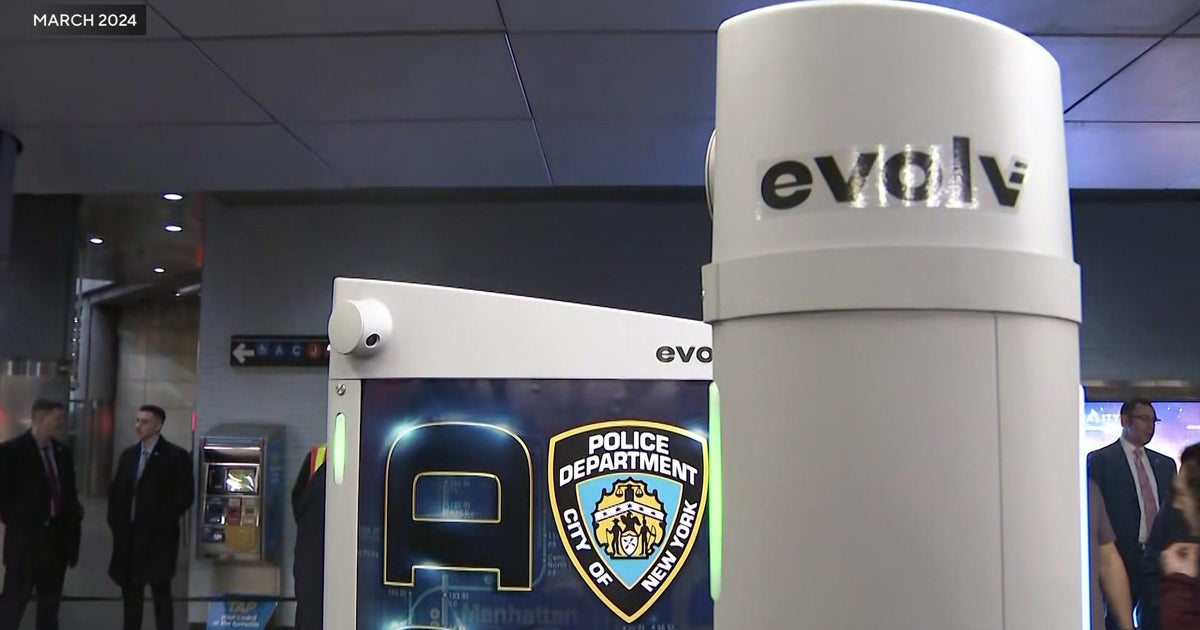With measles cases on the rise in the U.S., what to know to protect yourself
NEW YORK -- As U.S. health officials warn of a 2024 measles outbreak, what should people know to protect themselves?
According to the Centers for Disease Control and Prevention, cases of the highly infectious disease have already exceeded the total number of cases for all of 2023. Last month, Long Island health officials issued a warning about a potential exposure at Cohen Children's Medical Center after a child was diagnosed in Nassau County.
Dr. Nidhi Kumar is On Call for CBS New York to explain more about the outbreak and how to stay healthy.
"It is incredibly contagious, it is airborne, it can stay in a room, on surfaces, in the air for hours after an infected person has left the room. There is no treatment, because it's a virus, so it has to run its course. One-out-of-five people end up in the hospital," Dr. Kumar said. "What are the symptoms? High fever, that measles rash, congestion, runny nose, cough, sore throat. But also there can be some very severe complications from measles, like pneumonia, encephalitis, and it really wreaks havoc on the immune system. For months after having measles, people can be more susceptible to get other viruses or bacterial infections."
The CDC and local health officials advise everyone to get vaccinated.
"Nine-out-of-ten unvaccinated people will contract measles if they are exposed to someone who is infected," said Dr. Kumar. "Across the U.S., we have communities, we have pockets of people that just don't get vaccinated. So this is where the CDC's recommendation is coming from."
Many parents delay vaccinations for young children due to concerns about autism -- is this a valid concern?
"This has been studied extensively -- multiple studies, hundreds of thousands of children -- and they have found no connection between these vaccines and the development of autism. Does not increase your risk of autism, does not trigger autism," Dr. Kumar said. "Then, in these studies, they have broken children out into sub-groups to see, well, are kids at higher risk if perhaps they have a sibling that has autism, and they have found no connection."
What should parents do if an unvaccinated child may have been exposed?
"Most important: Travel history and vaccination history. If you come back from a trip and your child is sick, it is important to share that with your health care provider, looking for a fever, a rash, upper respiratory symptoms," said Dr. Kumar. "But it's really important to raise this concern with your health care provider, because, for many health care providers, present company included, we haven't seen measles. Again, it was eradicated, so it's not really on our radar. So it's important to speak up and include those important parts to your medical history."



